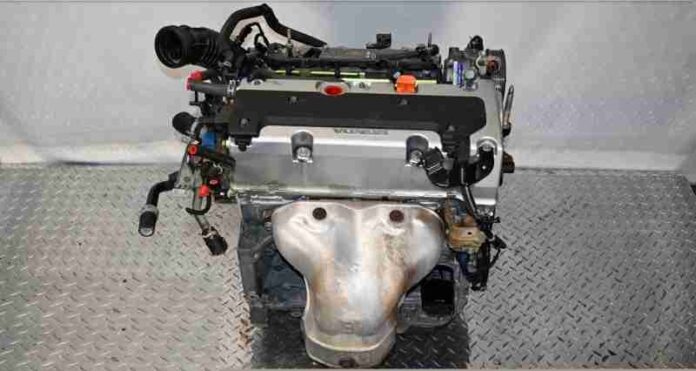
Climate change is a big thing, right? Because of this, a lot of us are really making the effort to be more environmentally friendly— even those of us who appreciate a really nice car. But what if you don’t want to buy a Prius, Tesla, or some other electric-fuelled car? 1 phrase, 4 words: Install a JDM engine.
So first thing’s first— a JDM engine is an engine taken from a Japanese Domestic Market car. Okay, so what does that mean, you may ask. Well, it means that the car in question was manufactured to be sold in Japan. Right, so what does that mean? You might ask again. Fine, we’ll tell you.
What’s so great about a JDM engine?
Here’s the thing— the average car in Japan is around 7 years old, with the average annual mileage hitting around 5,400 miles.
In Japan, individuals buy cars frequently, usually every 4 to 5 years. Taxes and inspections in Japan make keeping and maintaining an older vehicle on the road excessively expensive.
When you combine it with rigorous fuel efficiency rules, you get a one-of-a-kind situation in which automobiles are only economically viable to possess for a limited time. Also, of you want to buy good quality engines, JDM Seattle can benefit you a lot with the best efficiency and reliability.
Most vehicles are replaced on a regular basis, resulting in a steady supply of good quality low mileage vehicles as well as a robust used auto parts sector. That is where we get the low mileage engines that are so well renowned in the JDM market.
The occasional vehicle that has been on the road for a longer period of time (usually an enthusiast automobile) would be utilized more liberally because the owners would have paid a significant sum just to keep it registered (also known as Shaken). These vehicles would almost certainly be substantially modified, tracked, or raced.
So, all in all— given that Japan makes the most fuel-efficient and low-emission cars, we can say: Yes. JDM engines are most definitely environmentally friendly.

